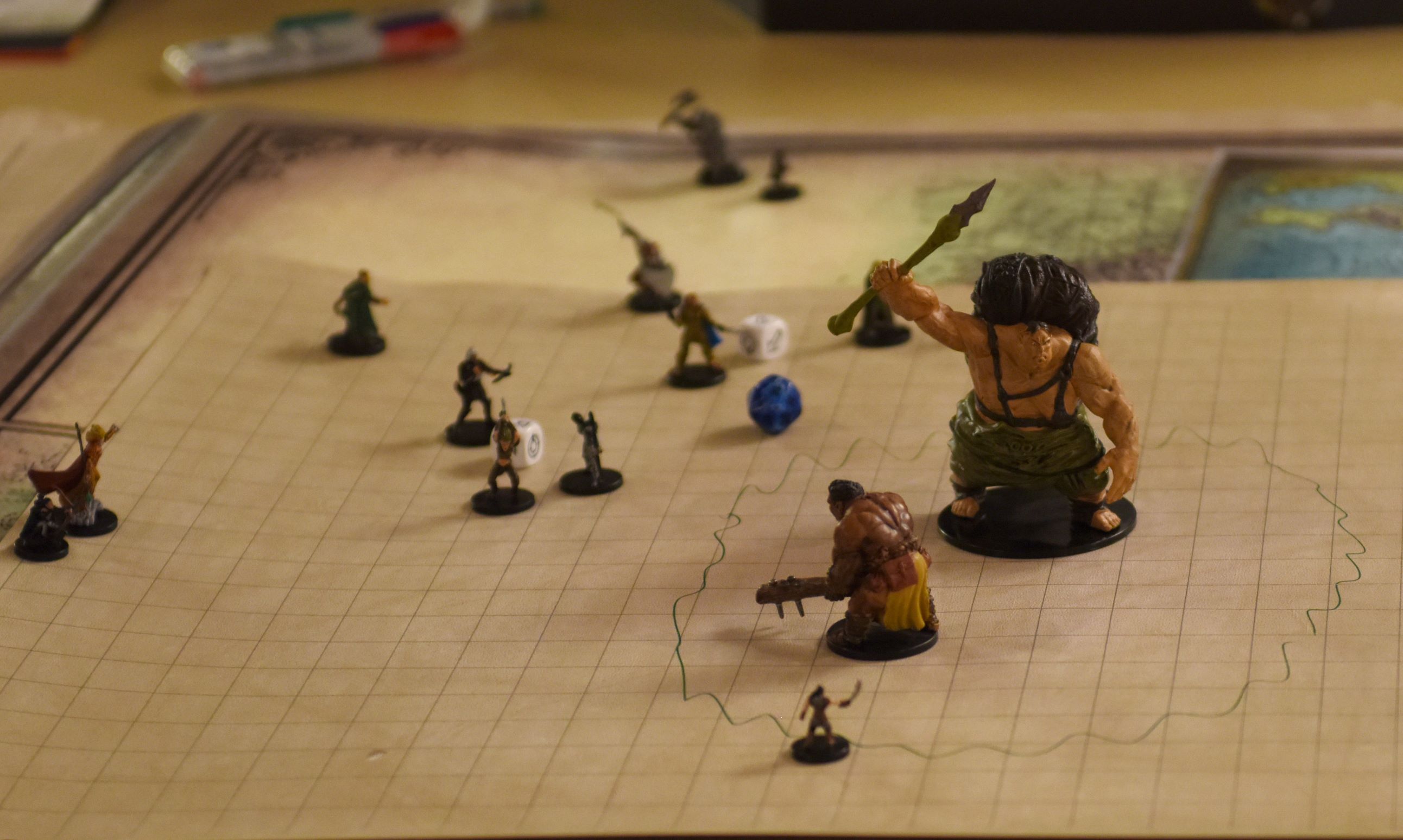Sometimes folks are going to miss a session. Today we look at some ways to handle the absence and fill in that player…and if we even should.
Dear DovahQueen: My new group has agreed that we still play if one player can’t make a session, cancel for two. Any advice on tricks or tools to keep the missing players in the loop on what they missed?—Occasional Absentee
Dear Occasional: Based on my experience, and that of most folks I know, this is a pretty common occurrence for any TTRPG group. We all have busy lives, and most of us are adults; sometimes real life is going to get in the way of fantasy life. For a variety of reasons, I’ve always believed that playing minus one player is better than just not playing at all, but if your chief concern is how to keep the player caught up, then I’m worried that you might be missing an opportunity.
In the past, I’ve been in games where a player missing meant the PC went into stasis and ‘unfroze’ when the player came back. Sometimes this can be handled in fun ways. I recently watched a segment on YouTube about a gnome wizard that fell asleep in a party member’s backpack for a whole session, but that’s still not capitalizing on the fact that an absence player means doesn’t have to mean a useless character. When you think of a good, rich story where a main character is absent from a scenario they were expected to be in, what were they up to? Characters in movies and books and don’t go into stasis; they go on side quests. When a player is able to inform the GM in advance of an absence, plan that absence in the plot. If it’s possible, do a 1-on-1 solo mission with that player and have the outcome affect the story. If it’s not possible, discuss with that player what their character might be up to. If the regular cast of PCs is about to march into some well-fortified castle to confront a BBG, maybe the main gate is mysteriously left unlocked with a cheeky note left on nearby dead guards. Make whatever that character was up to interesting and let that player know the details.
Next, consider *why* that character needs to be ‘brought up to speed’ with the rest of the party. If they knew that the party was about to head into the castle, you could just give the player the bullet points about what the character would know up to that point. Did the party finish the dungeon, and would that character hear that news organically? Just tell ‘em. Is the party only halfway through the dungeon when the player returns and the character catches up to them? Give em the bullets points—”as you make your way towards the sound of battle down the hallways in front of you, you pass the corpses of 2 orges, 4 displacer beasts, and you can’t even tell how many zombies before you meet up with your compatriots.” I’m a big fan of players learning things organically; let the player learn anything else that you feel like the character wouldn’t already know by legitimately just asking the party in character.
If you’re in a situation where you just have to dictate what they’ve missed, and you can’t really assign a side quest to the character, I’m inclined to say just don’t tell them. Personally, I don’t think that players should know things that the character hasn’t experienced firsthand or secondhand because there’s a greater impact when the narrative lands the more in-the-dark its receiver was.
But…that doesn’t answer your question. If you’re running a story and you can’t throw the absentee on a side quest, and they need to be filled in on the critical details, I’ve still got some best-practices for you. Keeping up with the theme, do your best to inform that organically. As a GM, write down the rumors and public knowledge of the events that transpired and allow the character to receive that knowledge from NPCs somehow. Easiest way to manage this is with town criers and barkeeps full of rumors. More interesting ways might include a shady figure assaulting the character and grilling them on what that PC knows about the events that transpired. Try to be creative with it. If there’s still info that the player needs to know, but it’s not common knowledge, have the party tell them in-game. If your players are taking good notes, they shouldn’t have much trouble doing so. If they’re not taking good notes, maybe they could try it for at least one session since they know somebody is going to be missing.
All-in-all, I don’t think there’s a particularly wrong way to handle this. Sure, some methods may or may not have the potential to add to the narrative over others. Just try to consider a few things. What does the character already know? What does the player *actually* need to know? Can you handle the absence in an interesting manner? And how can you deliver the needed info in an organic, in-game manner? Worst-case scenario, bullet points always get the job done.
You can request RPG advice by sending an email to deardovahqueen@gmail.com or by message on Facebook.







